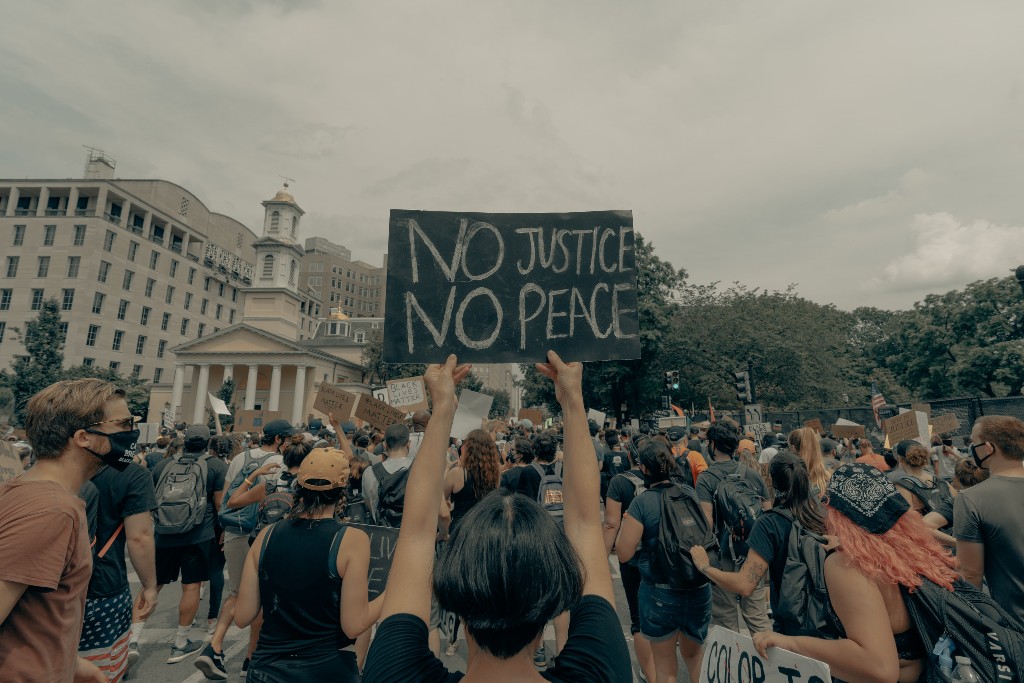The DC Council passed Tuesday emergency legislation introducing extensive police reforms in a unanimous vote. The bill prohibits law enforcement officers from restraining the neck of suspects.
The use of the practice, known as “chokeholds,” by any law enforcement or special police officer will be unlawful, “in addition to the failure to render, or cause to be rendered, first aid or to request EMS services if a neck restraint was applied.”
The move followed nationwide protests against police brutality that erupted in the wake of the killing of George Floyd, a 46-year-old black man, by a Minneapolis officer who restrained him using his knee.
“The Comprehensive Policing and Justice Reform Emergency Act” which was proposed by Council member Charles Allen also stipulates improving access to body-worn camera video recordings and banning officers from reviewing their body-worn camera footage.
The DC mayor is now required to release the name and body-worn camera recordings of any officer who committed a police-involved death or serious use of force within the first 72 hours after the incident.
In addition, the names of all the officers who have committed such acts causing death since the launch of the body-worn camera in 2014 will be publicized by July 1, 2020, along with their camera recordings.
DC Police Union Statement on First Vote of Comprehensive Policing and Justice Reform Act of 2020. pic.twitter.com/5eHxUVbjl9
— DC Police Union (@DCPoliceUnion) June 9, 2020
The Police Complaints Board will not include any members who are affiliated with law enforcement, while there will be members from each Ward on the Board.
And Use of Force Review Board voting members will include the Executive Director of the Office of Police Complaints, three civilian members appointed by the mayor and confirmed by the Council.
As part of the reforms, the District’s law that criminalizes wearing a mask for certain purposes is repealed.
Another highlight of the new legislation is additional measures on “consent” searches: “The officer would have to explain that the person is being asked to consent and that they can refuse the search.”
In response to the Council’s vote, the DC police union issued a statement, saying it was a “disservice to the citizens of the District of Columbia who have been plagued with violent crime for years.”
The changes will remain valid for 90 days. They require a second vote for an extension of 225 days, while a public hearing and another vote are needed for a permanent change in the law.

